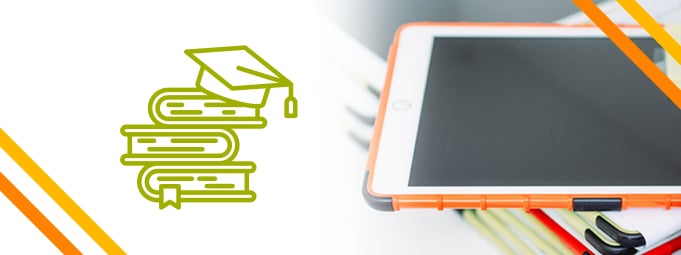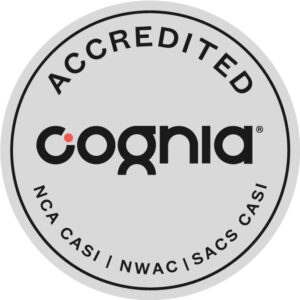
College is often an exciting time for students. It is an experience that many students dream of from the time they are young. However, it is also an adventure that is often rigorous and that requires the best out of students. College and career readiness is frequently an overlooked aspect of the whole college onboarding process. It can often inhibit the pursuit of bigger and more immediate pursuits.
Here are 5 ways educators can help prepare their students for success within the college ecosystem.
For educators, preparing students for life outside of the classroom means starting at an early age. By holding students to a higher standard of learning and discipline, children find it easier to adapt to the freedom college provides. The habits they learn in the classroom, including diligence and drive, will give them better tools for success in college and career readiness. This success can manifest in higher career earnings and more opportunities for the student as well.
Encourage your students to enroll in Advanced Placement (AP) or Honors courses. The great thing about AP and Honor courses is that they are more challenging and weigh more than regular courses. College admission officers are not impressed by straight As in easy high school courses. In fact, many colleges will recalculate applicants’ GPA and provide extra points for honors and AP courses.
Keep in mind that AP courses require extra effort as they cover a wide array of information typically found in a college course. Not only is there more information but there are more assignments and skills required.
If you want to prepare for college but aren’t sure if you’re ready to handle rigorous courses like AP, consider honor courses. Honor courses are similar to regular classes but more in-depth. It often includes more topics and harder assignments.
The habits that students learn in the classroom, including diligence and drive will also give them an advantage in college; but also within career readiness.
Another way to prepare students is by giving them the “extracurricular edge“. In other words, encourage students to sign up for extracurricular activities that align with their dreams and passions. This can be anything like student government, volunteering for a local organization, or even a part-time job.
Students that are able to partake in extracurricular activities without having it affect their grades show hard work and commitment. In addition, a study by A College Board revealed that students in extracurricular activities often achieve higher SAT scores.
Perhaps one of the best things that a teacher can do for a student, is to give them the time to explore themselves as a person–not just a student– and what they want to do in life. Often younger students gear their aspirations toward “flashy” careers such as sports stars or entertainers, but all they need is the space and opportunity to explore not only what they are good at but also what they find joy in doing.
Educators can help students by directing them to the path of college and career readiness. The following techniques can help educators direct students toward that path:
Grammar and math studies are important, but they are not the only skills that are the key to success. The ability to learn soft skills such as collaboration, critical thinking, and teamwork helps prepare students not just for college but also for the workforce.
Another important skill for success is the ability to provide and receive constructive feedback. Feedback is another form of collaboration and is essential for personal and career growth. Learning how to communicate and receive both positive and negative feedback will help students learn from their mistakes and work better.
At Renton Prep, we want to offer our students every chance to succeed in the real world. That’s why we utilize research-backed technology-driven curriculum to prepare our students to become the leaders of the future.
To learn more about our teaching methods or if you have questions about enrollment, please contact us.

